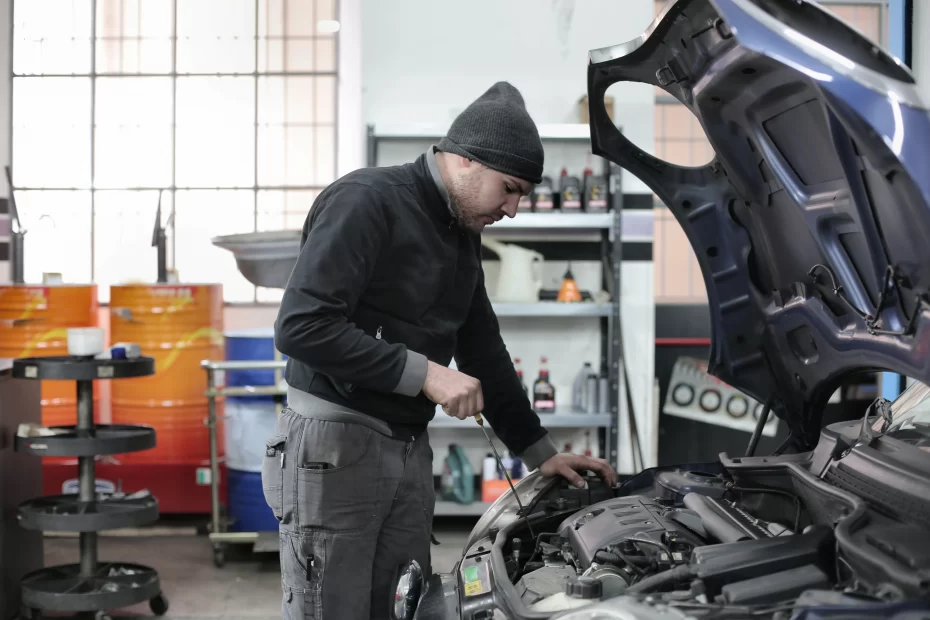Imagine you are driving down a highway and you see the dial on the engine temperature gauge touch the red and then notice steam coming from under the hood. Sounds like a nightmare. Car Overheating can cause severe damage to the engine and other components if you do not fix it right away.
So, it is important to know the common causes of overheating to prevent it from happening. Here are some of the most common reasons why overheating happens:
Malfunctioning thermostat
The thermostat isolates the engine from the radiator until it reaches a minimum temperature. This allows your vehicle to reach operating temperature faster. If the thermostat is malfunctioning, the engine would continue to lose heat to the radiator and will take longer to heat up. Also, the coolant will not flow in when it needs to.
Lack of coolant
If there is not enough coolant in the engine or the coolant passageways are blocked with rust or engine sediment, it can cause overheating. Coolant levels can be low due to a leak. If you see any puddles around your car, it could be a sign of a coolant leak and you should have a mechanic look at it because it could be difficult to find the exact source of the leak.
Also, if the coolant is contaminated, it will not work effectively and may not absorb as much heat.
Radiator problems
The radiator plays an important role in the cooling system and pulls away heat from the car’s engine. If there is a problem with the radiator such as a buildup of debris, it can cause the engine to overheat. Issues with the fan can also reduce the radiator’s capacity to remove heat and cause overheating.
Failed water pump
Over time, the impeller, bearings, and other components of the water pump can fail and prevent it from pushing the coolant. A malfunctioning water pump can stop the flow of coolant to the radiator and cause overheating. If you see any metallic debris in the coolant or unusual grinding noise from the engine, it could be a sign of a failed water pump.
Low engine oil
A low engine oil level is also a common cause of car overheating. The oil helps to stop the vehicle from overheating by minimizing friction in the engine. When the engine oil level is low, the car may overheat. So, it is important to regularly check the engine oil level and top it up when necessary. If the engine oil is getting exhausted quickly, there could be a leak, which should be repaired promptly.
Faulty belts or hoses
Your car’s belts and hoses play an essential role in the charging, cooling, and air conditioning systems of your car. When the belts or hoses are not working properly, it can cause the engine to become overheated.
What to do if your car is overheating?
• Immediately turn off the air conditioner to reduce stress on the engine and cooling system.
• Pull over, shut off the engine, and allow it to cool for at least 15 minutes. Wait for the temperature gauge to move back to the normal range.
• If you have radiator fluid, you can top it off to prevent further damage.
• Carefully restart the engine and drive to the nearest auto repair shop. If the gauge is still in the red zone immediately stop and call roadside assistance.
We can help if your car is overheating. Call us or Contact Us to schedule an appointment


